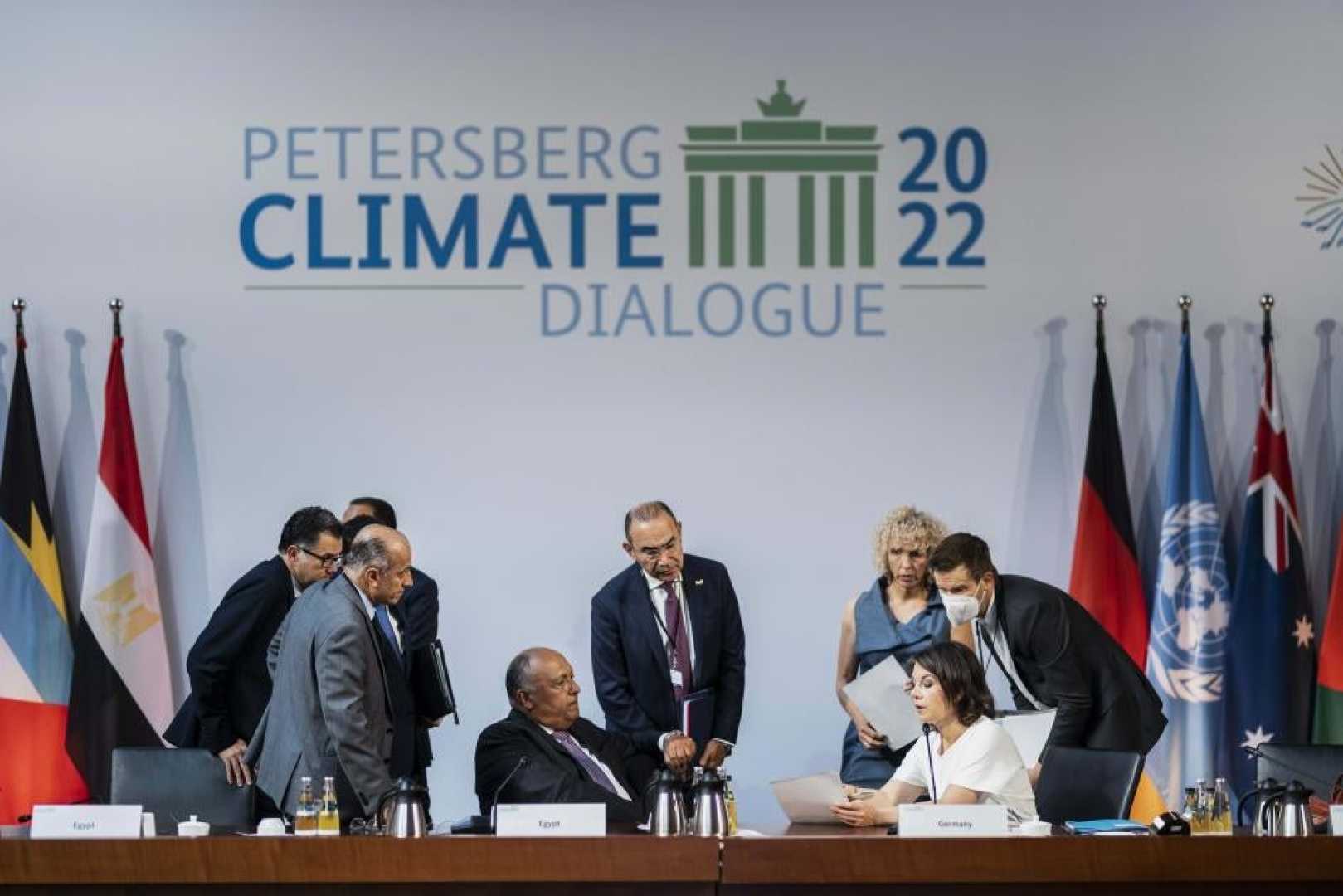Business
IFC, CIB Partner to Boost Green Financing, Reduce Emissions in Egypt

CAIRO, EGYPT — The International Finance Corporation (IFC) and Commercial International Bank (CIB) have announced a new partnership to promote green energy financing and reduce emissions in carbon-intensive sectors in Egypt. The initiative, launched under IFC’s Climate Finance Advisory Program, will assist CIB in helping its clients in sectors such as oil and gas, transportation, and real estate to lower their carbon footprint and enhance global competitiveness.
The partnership aims to support Egypt’s transition to a lower-carbon development model and help the country achieve its climate goals. By focusing on resilience and adaptation, the initiative seeks to optimize the use of natural resources and create jobs in the green economy. “CIB and IFC are advancing transition planning and decarbonization across key sectors in Egypt,” said Amr El-Ganainy, CIB’s Deputy CEO and Executive Board Member. “This partnership will develop a comprehensive decarbonization strategy targeting seven key sectors and unlock innovation opportunities for businesses.”
Aliou Maiga, IFC’s Financial Institutions Group Director for Africa, emphasized the importance of the partnership. “This initiative helps Egypt’s private sector reduce emissions and mitigate climate-related risks. Efficient resource use fosters growth, sustainability, and competitiveness in various industries.”
The collaboration builds on a successful track record, including the issuance of Egypt’s first corporate green bond in 2021. Supported by Germany’s Federal Ministry for Economic Affairs and Climate Action, the project aligns with the World Bank Group’s commitment to the Paris Agreement, ensuring all new financing adheres to its goals by 2025.
Since 1975, IFC has invested and mobilized $9 billion in Egyptian development projects, with a $22 million advisory portfolio focused on fintech, climate finance, manufacturing, infrastructure, renewable energy, healthcare, and gender equality.












